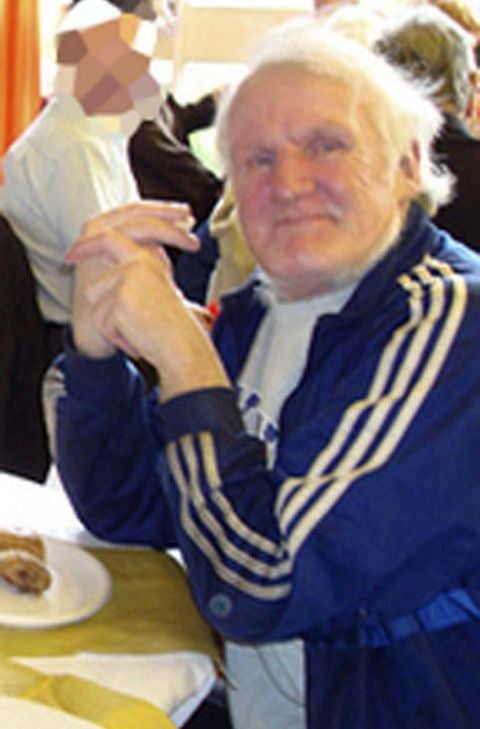Police failed man who died, rules IPCC

A vulnerable man who died after suffering years of torment by yobs was partly failed by senior police along with a string of other organisations, watchdogs ruled today.
The Independent Police Complaints Commission (IPCC) report said local police officers were dedicated in dealing with the problems of David Askew, 64, and his family, showing "real concern" and working when off duty to help tackle those responsible.
But the report into Greater Manchester Police's (GMP) overall handling of the problem identified "higher level systemic failures" within the force.
Mr Askew, who had learning difficulties, his brother and elderly mother, Rose, were plagued for years by yobs on the sprawling council estate in Hattersley, Tameside.
They had called police 88 times between January 2004 and March 2010, the IPCC report said.
Mr Askew, 64, collapsed and died on March 10 last year after an incident when youths had reportedly thrown a wheelie bin around and tampered with his mother's mobility scooter.
The local authority, Tameside Council, local NHS services and the Contour Housing Trust, owners of the Askew family home, all came in for criticism, with all taking the "easier route" in regarding Mr Askew as "part of the problem" rather than tackling the perpetrators, the IPCC report said.
In September last year Kial Cottingham, 19, who lived doors away from the Askew family, pleaded guilty to harassing Mr Askew for cigarettes over a three-month period.
He was ordered to serve 16 weeks in a Young Offenders Institution.
Cottingham was also questioned on suspicion of manslaughter but was cleared of any involvement in Mr Askew's death.
Mr Askew was later found to have died of natural causes.
IPCC Commissioner Naseem Malik said: "The Askew family had experienced years of torment at the hands of local youths who targeted David in particular.
"It is fully acknowledged that since 2007 there was an escalation in efforts by the Neighbourhood Policing Team to assist the family. They showed genuine concern for the Askew family and in some cases they went beyond the call of duty by giving up their free time to assist the family.
"However, their hands were tied by organisational shortcomings and the failure to recognise that the matter needed a higher level strategic approach.
"While the Askew family perceived the work of the local team as assisting and giving them some comfort, they were actually being failed at a higher level as opportunities to implement a coordinated approach to tackle and deal with the problems were being missed. They were left with a sticking-plaster solution when the matter needed extensive surgery."
The IPCC said police did not consistently collect and collate evidence of incidents and crimes to support potential prosecutions.
And there was no coordination or cohesive action between police and other agencies.
Other failings identified by the IPCC included:
:: In nearly half of the incidents there was no acknowledgement of the vulnerability of the Askews or the history of incidents and crimes previously reported;
:: Call handlers did not tell officers responding to calls from the Askew family they had been plagued by yobs before;
:: Beat officers in the neighbourhood were not kept up to date with fresh incidents of anti-social behaviour but relied on trawling police computer records to keep up to speed;
:: GMP had no one recording system on the Askews' problems so there was no record of the extent and seriousness of the problem.
Subscribe to Independent Premium to bookmark this article
Want to bookmark your favourite articles and stories to read or reference later? Start your Independent Premium subscription today.
